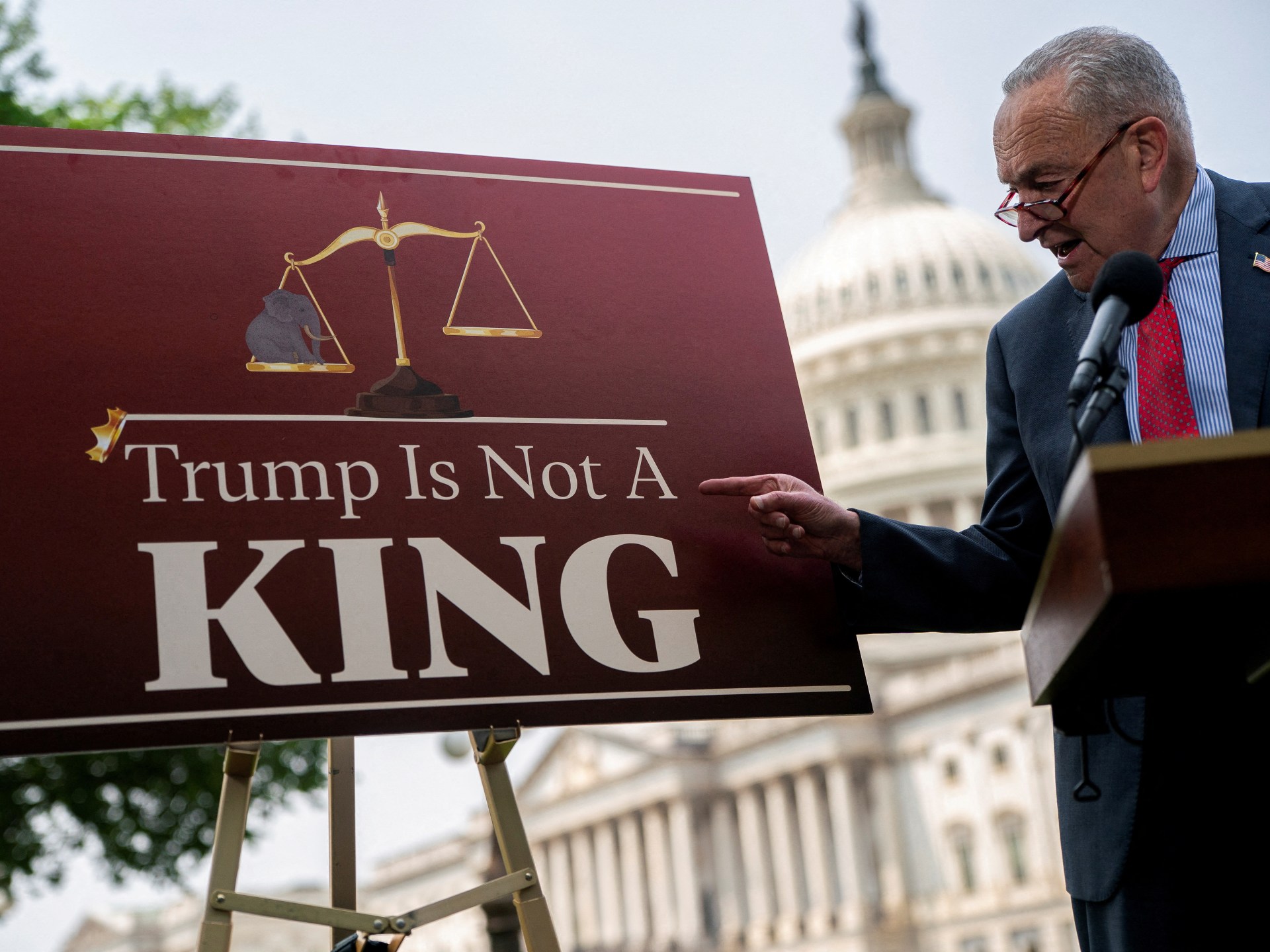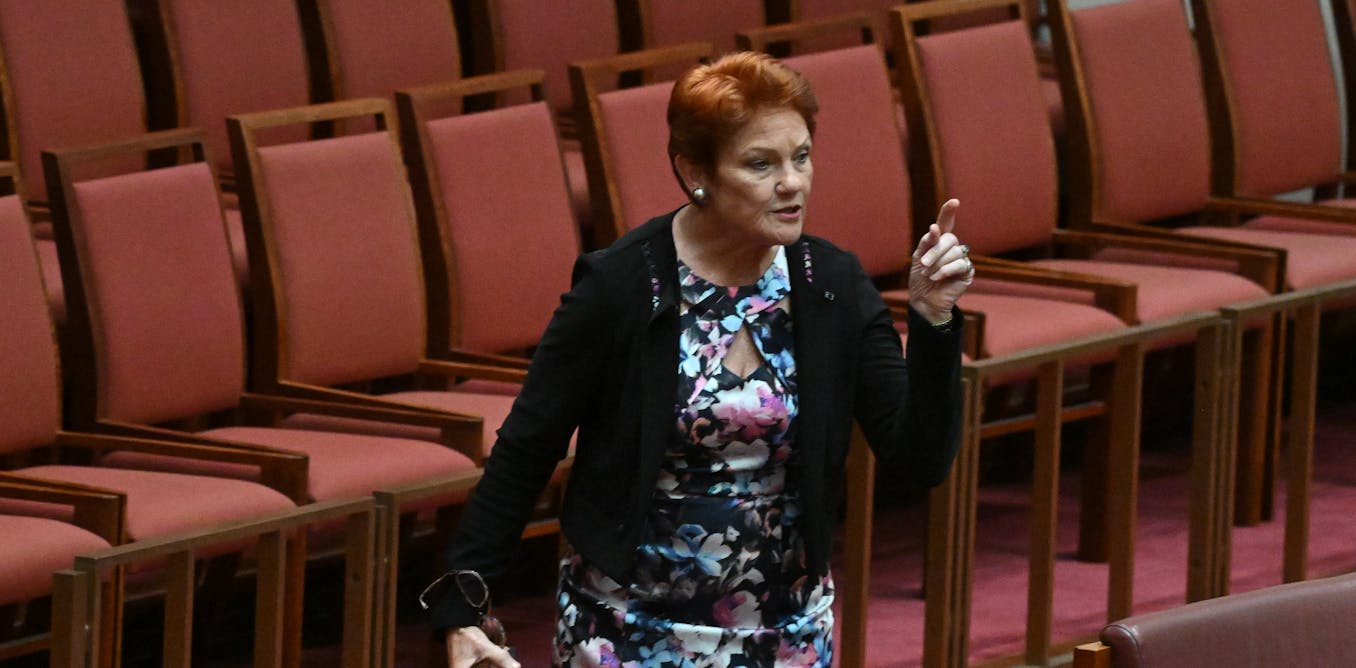
Picnickers in the small grassy area at the end of Church Street in Brighton on a Friday afternoon seem unfazed by the climate change drama that has engulfed the Liberal Party in Canberra this week. Their federal member, Tim Wilson, was among the few moderates within the Liberals who pleaded with the party not to abandon its commitment to achieving net zero emissions by 2050. However, this issue seems distant to Heather and Alexandra Oke, who are enjoying the Friday afternoon sunshine with baby Sonny.
Carefully positioning Sonny’s blanket in the shade, Alexandra Oke expresses that there are more immediate and personal concerns at hand. “As much as I am conscious of and care very much about the environment, there are other issues at home that are more pressing,” she says. “I think crime is the biggest thing at the moment in this area.”
While feeding Sonny a sandwich, Oke mentions that the Coalition’s decision to drop its net zero commitment—where carbon emissions are completely offset by 2050—would not influence her future voting decisions. Although she voted for teal candidate Zoe Daniel in the last election, she remains undecided. “I think that’s why it was a difficult choice last time because I felt that Tim probably represented more practical issues of the time, whereas I think her concerns were a bit loftier,” she adds.
Community Perspectives on Climate Policy
Oke’s perspective reflects a broader sentiment among Goldstein voters, as observed by The Age during conversations with locals in Brighton. These discussions took place in cafes near St Andrew’s church, where Wilson held a press conference in May, claiming victory over Daniel, who had won the seat from him in 2022.
After being re-elected partly on a platform supporting net zero, Wilson recently hinted at possibly resigning from the front bench if the Liberals abandoned the policy, mirroring the stance of other moderate colleagues. A spokesman for Wilson declined to comment on whether he would resign, stating, “While the teals voted with the government for billions in coal subsidies, Wilson is committed to lowering emissions and cutting power prices, and he’ll be out in the community this weekend talking directly with residents on delivery.”
Daniel refuted this claim on Instagram, stating, “The federal parliament did not vote on subsidies for coal and gas companies during the last parliamentary term. This is false. Independents voted for gas price caps to support Australians struggling with the cost-of-living pressure.”
Voter Sentiment and Political Implications
Fay Goode, a Wilson supporter, shares her thoughts over coffee at Mazi Cafe with her husband. Despite her support for renewable energy and concerns about new coal and gas mines, she believes the party’s shift on net zero is unlikely to alter her vote. “People my age would still vote for him, but the younger ones your age, I don’t know,” she remarks. “I’d like to know how the Labor Party think they’re going to get there by 2050.”
Her husband humorously describes her as a “rusted-on” Liberal, to which she quips, “A lot of rust.” Meanwhile, retiree David Jane, another Wilson voter, supports abandoning net zero. “I think net zero is probably impractical,” he says. “I know that people are really hurting because of the energy prices and anything that is going to give assistance to that would help for sure. If it means that they’ve got to reassess, then that’s OK with me.”
Linda Tesoriero, also a Wilson voter, is the only person who suggests that the Liberals’ decision on net zero might influence her future vote. Over coffee with friend Monique Loschiavo, Tesoriero expresses a desire for more information on the Liberals’ policy. “I’m hoping that the policy would be something like, whilst we can’t achieve net zero in this timeframe, it is achievable eventually, and we just have to do it in a moderate way, in a reasonable way,” she explains. “If they’re saying it’s never going to be achievable, then that’s really sad because I’d like to think we can aspire to it.”
Future of Goldstein and Political Strategy
Daniel, who narrowly lost to Wilson by 175 votes in a closely contested election, argues that Goldstein transitioned from one of the nation’s safest seats to one of its most marginal due to the community’s demand for more integrity in politics and robust climate policies. “This decision by the Liberals reflects neither,” she asserts. “Given that [Wilson] took a policy of net zero by 2050 to the election that seems to put him in a rather compromised position. Community or party? That’s the question only he can answer.”
Daniel emphasizes that she and the Goldstein community will be closely monitoring Wilson’s response. She references polling from uCommunications, commissioned by Climate 200 and conducted in June, which asked Goldstein voters about their likelihood of voting for the Liberal Party if it abandoned net zero.
41.4% of those polled said they would be far less likely to vote Liberal, and 7.9% less likely. Conversely, 21.2% would be far more likely to vote Liberal, and 10.3% more likely, with 19.3% opting for neither.
While Resolve Political Monitor has not conducted specific polling on Goldstein, pollster Jim Reed notes that inner-city seats have historically leaned towards taking action on emissions. As the debate continues, the political landscape in Goldstein remains uncertain, with climate policy at the forefront of voter considerations.





